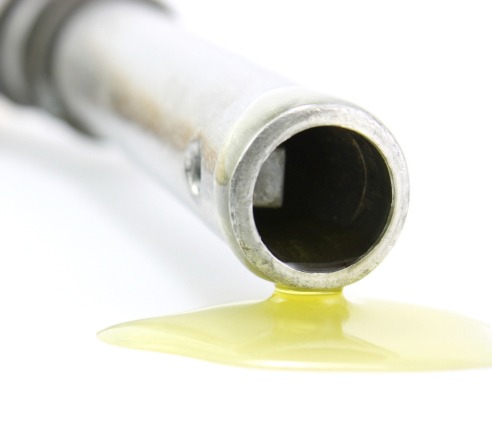Our Products
EN590 10ppm
EN590 10ppm is a premium-grade diesel fuel that adheres to the European standard EN590, ensuring optimal performance and minimal environmental impact. With a sulfur content of just 10 parts per million (ppm), this ultra-low sulfur diesel (ULSD) significantly reduces harmful emissions, supporting cleaner air quality and improved engine longevity. Ideal for modern diesel engines, EN590 10ppm delivers superior fuel efficiency, enhanced power, and reliable performance, making it the preferred choice for both commercial and private vehicles.


Bitumen
Bitumen is a versatile, highly adhesive, and durable material commonly used in road construction, roofing, and waterproofing applications. Derived from crude oil, bitumen is known for its excellent binding properties, resistance to water and weathering, and long-lasting performance. Its ability to withstand extreme temperatures and heavy traffic makes it an essential component in asphalt for paving roads and highways. Additionally, bitumen's waterproofing qualities make it ideal for protecting buildings and structures from moisture damage.


Coal
Coal is a combustible black or brownish-black sedimentary rock primarily composed of carbon, along with varying amounts of other elements such as hydrogen, sulfur, oxygen, and nitrogen. It is formed from the remains of ancient plant material that has been subjected to heat and pressure over millions of years. Coal is a major energy source, widely used for electricity generation, steel production, and as a raw material in various industrial processes. Its abundant availability and high energy content make it a crucial component of the global energy supply, despite environmental concerns associated with its extraction and combustion.


Palm oil
Palm oil is a versatile and widely used vegetable oil derived from the fruit of oil palm trees. Known for its high yield and cost-effectiveness, palm oil is a key ingredient in a vast array of products, from food items like margarine, chocolate, and baked goods to non-food products such as cosmetics, soaps, and biofuels. It is prized for its smooth texture, long shelf life, and ability to withstand high cooking temperatures. However, the palm oil industry faces scrutiny due to environmental concerns, including deforestation and habitat loss, driving efforts towards sustainable production practices.

